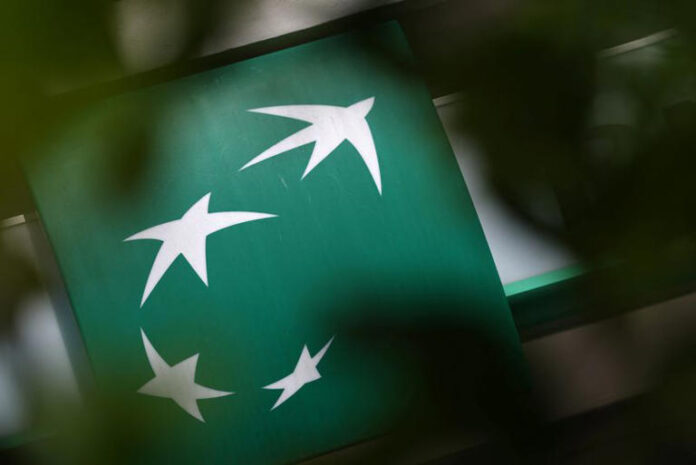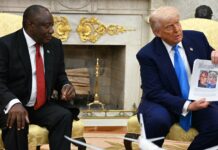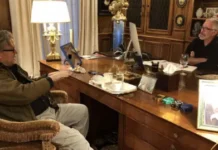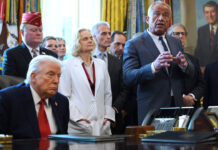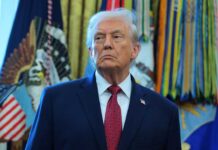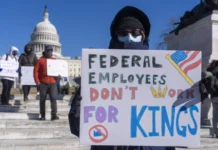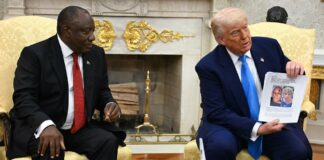Written by Lisa Murimi
A U.S. federal jury in Manhattan on Friday delivered a landmark verdict against French banking giant BNP Paribas (BNPP.PA), finding that the bank helped Sudan’s former government commit genocide by providing financial services in violation of U.S. sanctions.
The jury ordered BNP Paribas to pay a total of $20.5 million to three Sudanese plaintiffs who testified about atrocities committed under the regime of former President Omar al-Bashir.
The plaintiffs, now residing in the United States, described losing family members, homes, and livelihoods amid widespread human rights abuses.
According to the plaintiffs’ lawyers, the verdict could pave the way for over 20,000 Sudanese refugees in the U.S. to pursue billions of dollars in damages from the French bank.
“Our clients lost everything to a campaign of destruction fueled by U.S. dollars that BNP Paribas facilitated and that should have been stopped,” said attorney Bobby DiCello, who represented the victims.
BNP Paribas, however, announced plans to appeal the ruling, arguing that the verdict was legally flawed and limited in scope.
“BNP Paribas believes that this result is clearly wrong and there are very strong grounds to appeal the verdict, which is based on a distortion of controlling Swiss law and ignores important evidence the bank was not permitted to introduce,” a spokesperson said.
The verdict followed a five-week trial presided over by U.S. District Judge Alvin Hellerstein, who had previously denied the bank’s attempt to dismiss the case.
The proceedings examined whether BNP Paribas’s financial services were a “natural and adequate cause” of the harm suffered by survivors of ethnic cleansing and mass violence in Sudan’s Darfur, South Sudan, and Nuba Mountains regions.
The U.S. government formally recognized Sudan’s conflict as genocide in 2004. In 2014, BNP Paribas pleaded guilty to transferring billions of dollars for Sudanese, Iranian, and Cuban entities under sanctions and paid a record $8.97 billion penalty.
The latest verdict marks a historic legal victory for victims of Bashir’s regime and underscores renewed accountability efforts for financial institutions linked to global human rights violations.









